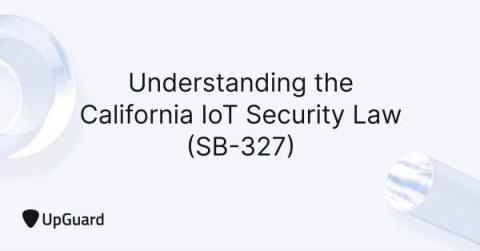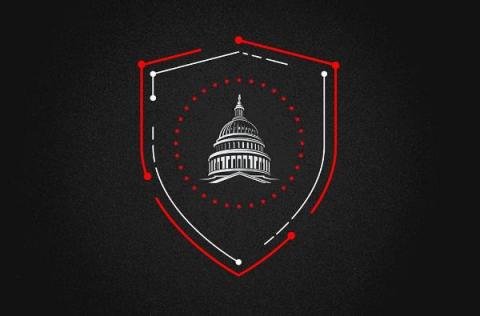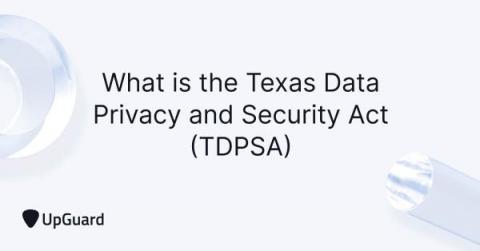Security | Threat Detection | Cyberattacks | DevSecOps | Compliance
Legislation
Leveraging Komodo Consulting's Cybersecurity Services to Comply with the NIS 2 Directive
What is the General Data Protection Regulation (GDPR)?
The General Data Protection Regulation (GDPR) is a set of privacy and security standards put into effect by the European Union (EU). Widely accepted as the world's strictest security and privacy law, GDPR imposes regulations on organizations that target or collect data relating to people in the EU. European Parliament signed GDPR into law in 2016, requiring all organizations to comply by May 2018.
Prevention Is the Best Preparation for the SEC's New Breach Disclosure Rules
The U.S. Securities and Exchange Commission (SEC) this week voted to adopt new rules for how companies inform investors about cybersecurity concerns. The vote comes after years of gradually increasing guidance and scrutiny over companies’ handling of cybersecurity events and follows a lengthy comment period where companies, including CrowdStrike, provided input.
SEC Implements New Rule Requiring Firms to Disclose Cybersecurity Breaches in 4 Days
What happened? The SEC (Securities and Exchange Commission) has introduced new rules that require public companies to be more transparent about their cybersecurity risks and any breaches they experience. This means companies will need to regularly share information about how they're managing cybersecurity risks and any significant cybersecurity incidents they've had. If a company experiences a significant cybersecurity incident, they'll need to report it within four business days.
What is the VCDPA? Comprehensive Guide + Compliance Tips
SEC: Public Companies Must Disclose Material Cybersecurity Incidents Within 4 Days
The US Securities and Exchange Commission (SEC) adopted new rules for cybersecurity risk management, strategy, governance, and incident disclosure by public companies on July 26, requiring public companies to disclose material cybersecurity incidents within four days of an attack. Additionally, registrants must annually report their process, if any, for assessing, identifying, and managing material risks from cybersecurity threats.











